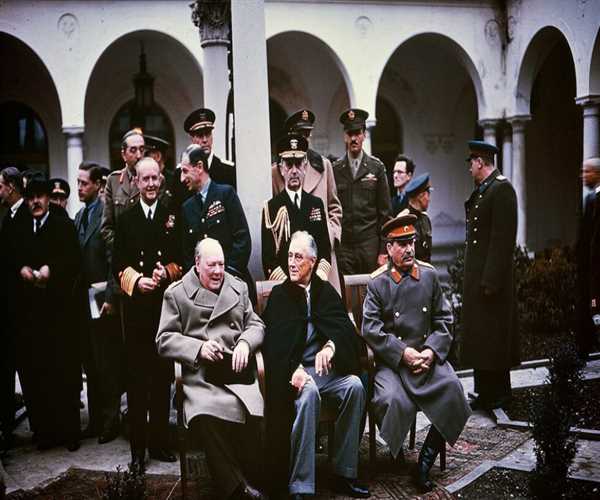The
Cold War was a time of great tension between the
United States and the
Soviet Union. These two superpowers were in a race to gain control of the world's resources and influence. The Cold War lasted from 1945 to 1991 and was fought in many different ways.
The Cold War was a period of time when the US and the Soviet Union were in a state of political and military tension.
This tension was caused by a number of short-term factors, including:
The Soviet Union's refusal to allow free elections in Eastern Europe: The Soviet Union wanted to maintain control over the countries in Eastern Europe that it had liberated from Nazi rule. However, the US and its allies believed that the people of these countries deserved the same right to self-determination and democracy that the people of Western Europe had. This disagreement led to the development of the Iron Curtain, a symbol of the divide between the Communist East and the democratic West.
The Truman Doctrine: In 1947, US President Harry Truman issued a statement declaring that the US would provide financial and military aid to any country threatened by communism. This doctrine was a direct response to the Soviet Union's involvement in the Greek Civil War, and it signaled the US's intention to stop the spread of communism by any means necessary.

The Marshall Plan: The Marshall Plan was a US-funded program that provided economic assistance to European countries in an effort to rebuild after World War II. The Soviet Union saw this program as an attempt to buy influence in Europe, and it refused to participate. This further deepened the divide between the East and the West.
The Berlin Blockade: In 1948, the Soviet Union attempted to block all land and water routes to the city of Berlin in an effort to force the Allies out of the city. This led to the Berlin Airlift, in which the US and its allies supplied the city of Berlin with food and other supplies by air. The blockade was eventually lifted, but it served as a major point of tension between the US and the Soviet Union.
The Korean War: In 1950, North Korea invaded South Korea in an attempt to reunify the peninsula under communist rule. The US intervened on behalf of South Korea, and the Soviet Union supported North Korea. This conflict led to a major escalation of the Cold War, as it was the first time that the US and the Soviet Union had come into direct military conflict with each other.